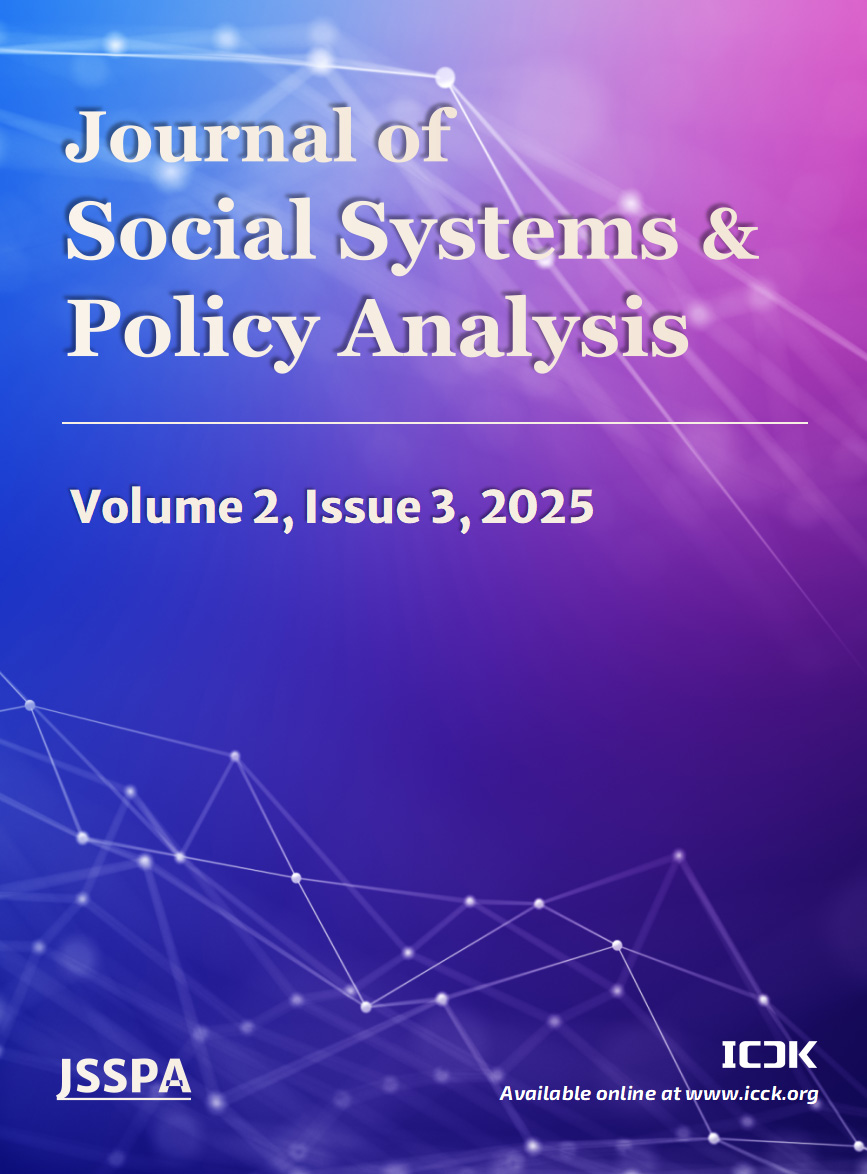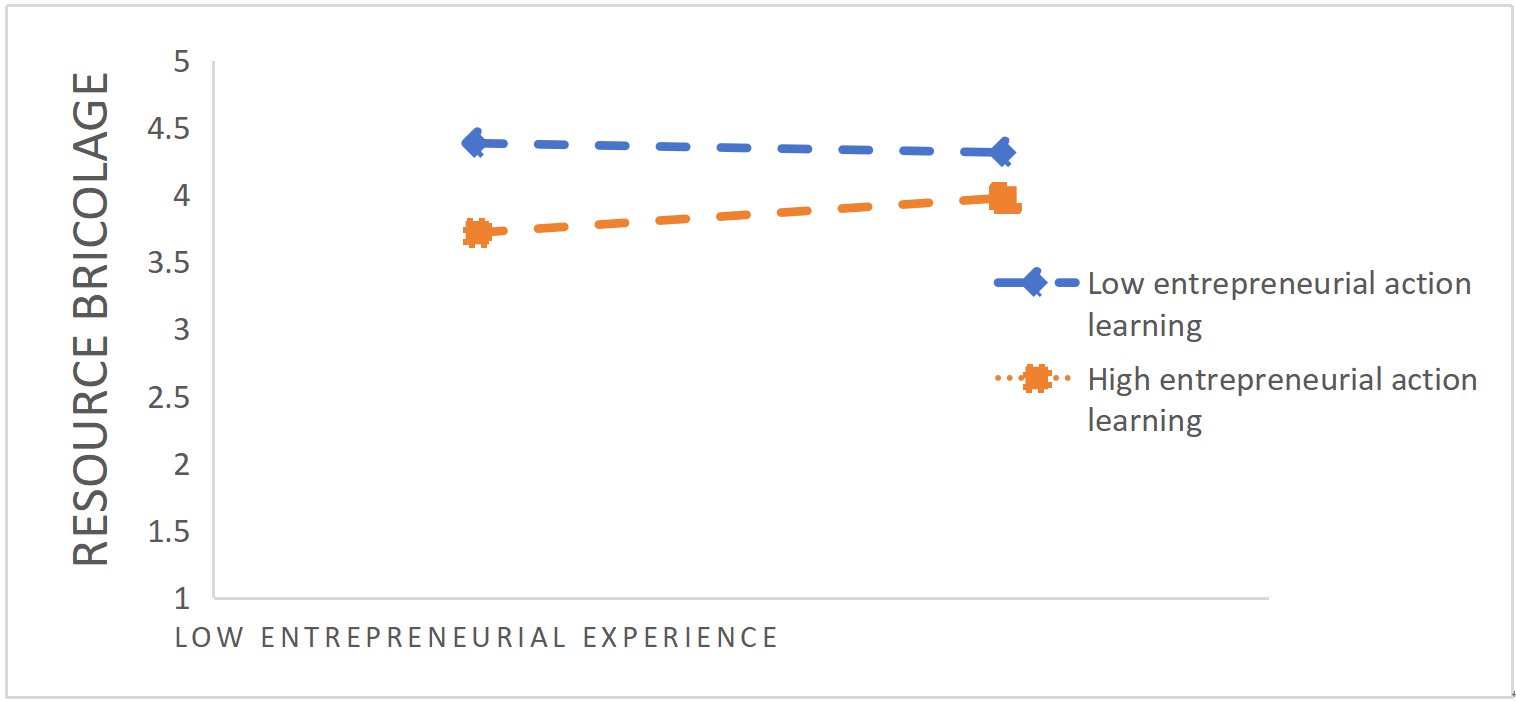Abstract
The signals of economic recovery are getting stronger and serial entrepreneurship is increasing. Focusing on how to improve the quality of serial entrepreneurship, learning about entrepreneurial failure experiences has become a top priority. Based on the imprinting theory perspective, this study conducted a questionnaire survey among entrepreneurs in the Wuling Mountains to answer the following questions: first, how entrepreneurial failure experience affects entrepreneurial behaviours; and to understand how entrepreneurial failure experience affects entrepreneurial behaviours. Second, how resource bricolage as a mediating variable affects entrepreneurial actions of entrepreneurs in order to reveal the role that resource bricolage plays in the mechanism of influence of entrepreneurial failure experiences on entrepreneurial behaviours. The mediating role of resource bricolage is explored in relation to the moderating role of entrepreneurial behavioural learning. The results show that entrepreneurial failure experience not only has a direct positive effect on entrepreneurial behaviour, but also has an indirect facilitating effect through the creative integration process of resource bricolage. Meanwhile, entrepreneurial action learning strengthens the transformation of failure experience into resource bricolage ability through systematic reflection and experience reconstruction, suggesting that entrepreneurs can more effectively transform failure lessons into resource bricolage strategies through active learning, thus enhancing the adaptability and innovativeness of reentrepreneurship. This study helps the local government to formulate measures to stimulate economic vitality, and at the same time provides some theoretical basis for improving the success rate of serial entrepreneurship, which is of practical guidance for stimulating the entrepreneurial enthusiasm of re-entrepreneurs.
Keywords
imprinting theory
entrepreneurial failure
entrepreneurial actions
resource bricolage
entrepreneurial action learning
Data Availability Statement
Data will be made available on request.
Funding
This work was supported without any funding.
Conflicts of Interest
The authors declare no conflicts of interest.
Ethical Approval and Consent to Participate
Not applicable.
Cite This Article
APA Style
Nie, Q., Luo, L., & Chen, X. (2025). How Entrepreneurial Failure Experience Affects Firms’ Entrepreneurial Behaviour-Evidence from the Wuling Mountains Region. Journal of Social Systems and Policy Analysis, 2(3), 149–165. https://doi.org/10.62762/JSSPA.2024.680997
Publisher's Note
ICCK stays neutral with regard to jurisdictional claims in published maps and institutional affiliations.
Rights and Permissions
Institute of Central Computation and Knowledge (ICCK) or its licensor (e.g. a society or other partner) holds exclusive rights to this article under a publishing agreement with the author(s) or other rightsholder(s); author self-archiving of the accepted manuscript version of this article is solely governed by the terms of such publishing agreement and applicable law.


 Submit Manuscript
Edit a Special Issue
Submit Manuscript
Edit a Special Issue

